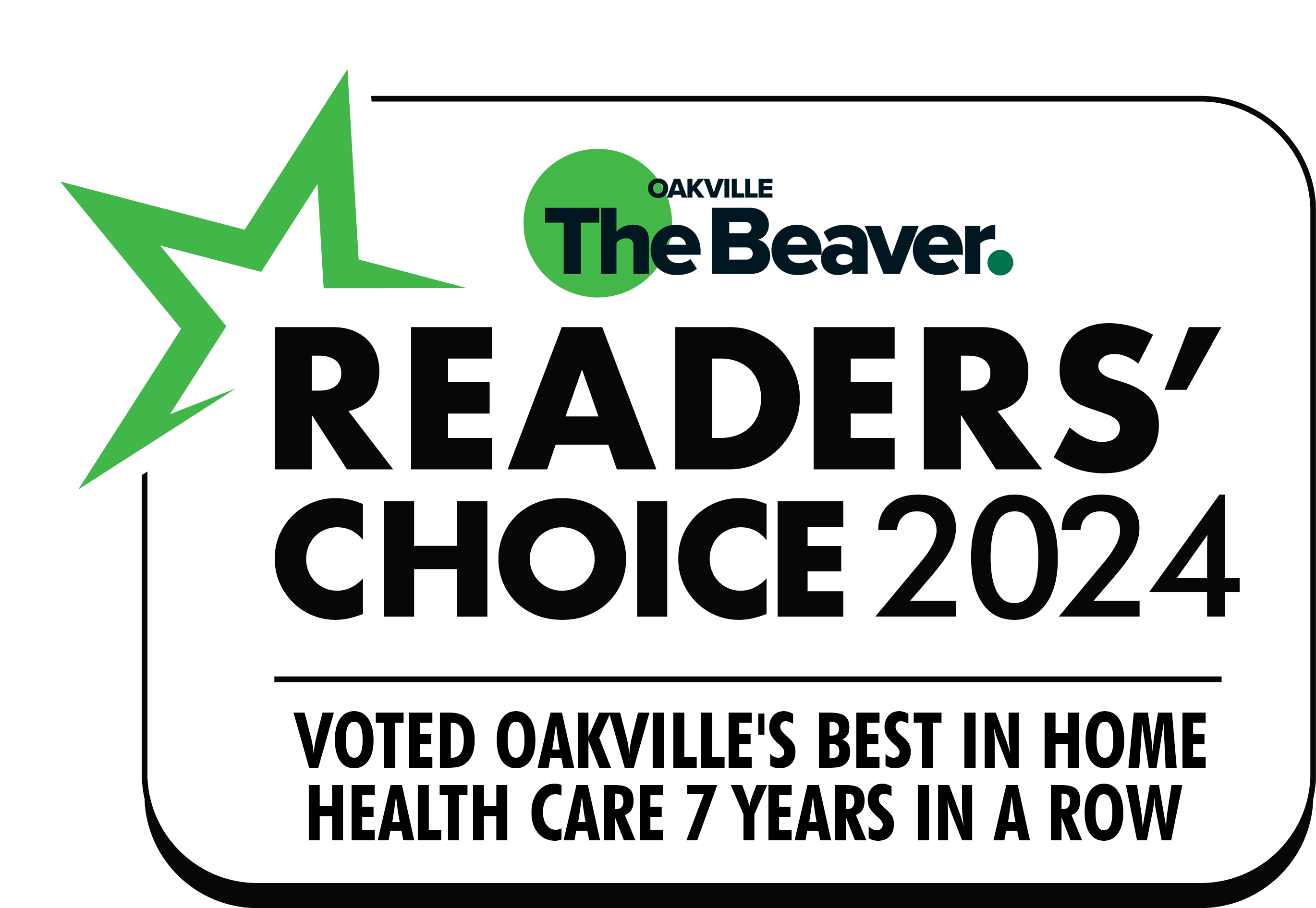Alzheimer’s care requires thoughtful planning and a strong support system—both for those living with the disease and the families who love them. As the condition gradually affects memory, reasoning, and independence, having a proactive care strategy in place becomes essential. Without one, individuals may face unnecessary risks and emotional strain as their needs evolve. This guide explores key approaches to Alzheimer’s care that help maintain dignity, promote safety, and improve overall quality of life at every stage of the journey.
What is Alzheimer’s Disease?
Alzheimer’s disease is a progressive neurodegenerative disorder. That means it impacts the brain – specifically by destroying neurons and their connections with one another. Memory, thinking, behavioural, and social skills decline over time as a result. Deterioration can happen at a rapid or slow pace. It ultimately depends on the individual at hand. In every case, symptoms eventually impair a person’s ability to function independently.
Alzheimer’s disease was first identified by German psychiatrist Alois Alzheimer in 1906. As the most common cause of dementia among older adults, Alzheimer’s affects millions worldwide and currently has no cure, though treatments can temporarily slow symptom progression.
How is Alzheimer’s Disease Different from Dementia?
Often treated as an umbrella category for multiple conditions, dementia is broadly characterized by the gradual deterioration of cognitive function, memory, and behavioral capabilities. Alzheimer’s represents the most common type. It accounts for approximately 60-80% of cases worldwide.
At the neuropathological level, Alzheimer’s disease is defined by two primary hallmarks: extracellular deposits of misfolded amyloid-beta (Aβ) peptides called Amyloid plaques and neurofibrillary tangles. As a loved one of someone with the condition, you’re more likely to notice its presence and severity based on the following stages:
Mild Cognitive Impairment (MCI): Subtle cognitive deficits with minimal functional impairment
Mild Alzheimer’s: Noticeable memory problems, word-finding difficulties, and disorientation
Moderate Alzheimer’s: Increased memory loss, confusion, and difficulty with activities of daily living
Severe Alzheimer’s: Profound cognitive decline, inability to communicate effectively, and complete dependence on caregivers
Why Comprehensive Alzheimer’s Care Matters
Living with Alzheimer’s disease isn’t easy. That goes for both patients and loved ones. With disease progression comes the need for increased support on all fronts, from basic activities of daily living like bathing and cleaning to medication administration. It’s a major hurdle that requires some sort of plan; without proper support in place, people decline faster. A lack of systemized care can even jeopardize someone’s life if they live alone.
The challenge for families is arranging such accommodation. Beyond money and time, full awareness of what specific lifestyle adaptations should be made often lacks.

Comprehensive Alzheimer’s Care Strategies
Whether you’re just receiving a diagnosis or navigating advanced stages, understanding these strategies can transform an overwhelming situation into a manageable caregiving journey that honours your loved one’s needs while sustaining your own well-being.
Creating a Safe Environment
Safety becomes a primary concern as cognitive abilities decline.
Consider these modifications:
- Install secure locks on doors and windows
- Remove tripping hazards and ensure adequate lighting
- Use medical alert systems and identification bracelets
- Label rooms and important items with clear, simple instructions
- Secure dangerous items like medications, cleaning supplies, and tools
Establishing Routines
Consistency helps reduce confusion and anxiety:
- Maintain regular times for meals, medications, and activities
- Use visual calendars and schedules as reminders
- Keep familiar objects and photographs accessible
- Limit changes to the physical environment when possible
Communication Strategies
As verbal abilities deteriorate, adapting communication becomes essential.
Strategies to try:
- Speak clearly and slowly using simple sentences
- Ask one question at a time and allow ample response time
- Maintain eye contact and use gentle touch when appropriate
- Pay attention to non-verbal cues and body language
- Avoid correcting mistakes or arguing about misremembered facts
Self-Care for Caregivers
Caring for someone with Alzheimer’s can lead to burnout without proper support.
Here are some mitigatory steps you can take:
- Join support groups (in-person or online)
- Accept help from family members and friends
- Utilize respite care services and adult day programs
- Practice stress-management techniques
- Maintain your own health through regular check-ups
Professional Care Options
As the disease progresses, professional care may become necessary.
Comprehensive Alzheimer care solutions to consider:
- In-home care providers who assist with daily activities
- Adult day centers offering supervised activities and socialization
- Assisted living facilities with memory care units for specialized support
- Nursing homes offering round-the-clock medical care for advanced stages

Putting Comprehensive Alzheimer Care Strategies Into Practice
Creating a comprehensive Alzheimer’s care plan early, while remaining flexible enough to adjust as needs change, can significantly improve quality of life for both the person with Alzheimer’s and their caregivers. That’s exactly what we do here at Peak Home Healthcare. Recognizing that each person’s journey with Alzheimer’s is unique, our solutions are made to adapt with your reality. Reach out today for more information.






